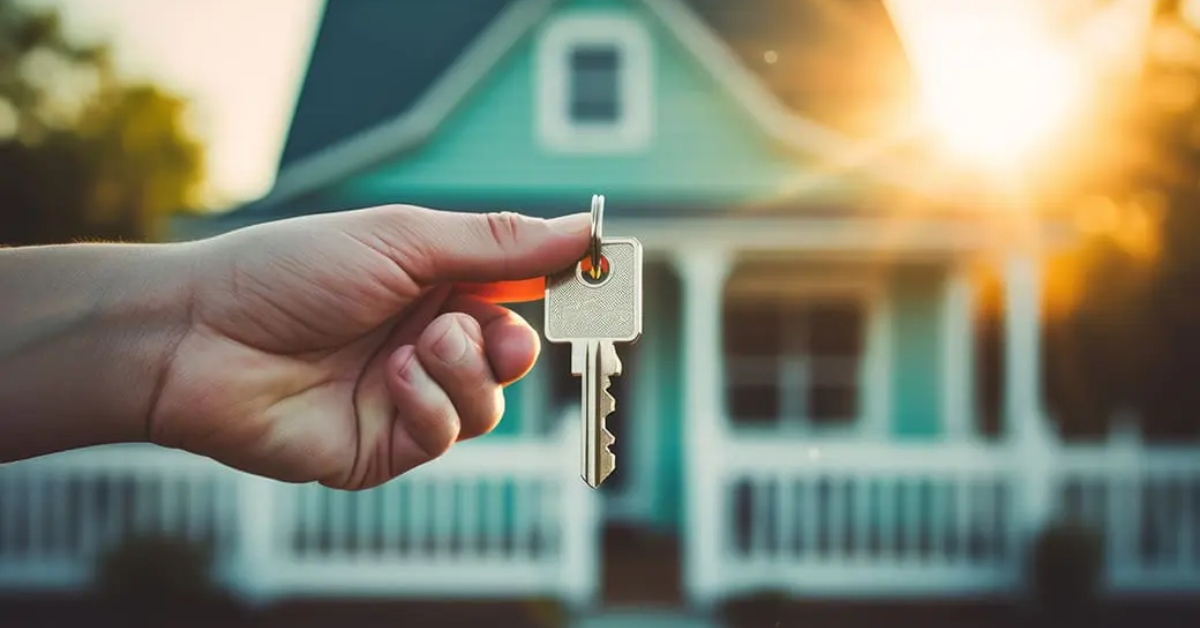There are many new responsibilities that come with becoming a new homeowner. Maintaining a house requires attention and knowledge, but it is good because a little preparation will help ensure your new home remains a happy, safe, and valuable asset.
Understand Your Home Inside Out
The most important first step every new homeowner should embark on is to fully understand the structure and systems within their home to protect its safety and the function of its systems. This means locating and understanding important spots, such as water shutoff valves and electrical panels, recognizing their importance in keeping the home running smoothly and learning the HVAC system’s maintenance needs. Understanding how your plumbing system functions and what materials your pipes are made of can be invaluable when dealing with leaks and clogs in the future.
Also, knowing where the circuit breaker box is, how to safely shut off the main circuit and individual breakers, and how to reset tripped breakers is useful information that reduces the likelihood that electrical accidents will happen. Being proactive in managing the systems in your home and knowing their features will avoid emergencies and provide you with a well-functioning household.
Another key aspect of responsible homeownership is setting up regular inspection checks to ensure everything is functioning correctly. This includes checking the roof for missing or damaged shingles and inspecting the foundation for any cracks through which weepers could cause hydrostatic pressure. Scheduling these checks with professionals is advisable, as a trained eye can detect potential issues early. Identifying problems when they are small helps prevent costly repairs and preserves property value. Consult professionals such as Austin roof repair specialists, foundation experts, or home inspection services to ensure thorough evaluations and proper maintenance.
Prioritize Preventative Maintenance
After understanding the basic structure, prioritize preventative measures. By implementing these practices early, homeowners can keep their homes in excellent condition and avoid major headaches down the road. Preventing costs becomes especially important if the homeowner is on a tight budget.
Keep gutters clear of leaves, twigs, and debris. If gutters become clogged, water won’t drain properly and can cause damage by running onto the foundation. Regular inspection is the best tactic to prevent issues. Also, consider investing in proper insulation to keep utility bills in check and enhance comfort. Additionally, make it a habit to seal cracks in windows and address caulking issues through regular checks.
Furthermore, pest control is a preventative measure that protects the structural integrity of your home. Termites, rodents, and other pests can cause significant damage if left unchecked. Implementing preventative pest control measures, such as sealing entry points and scheduling regular inspections, can save you from costly repairs and health hazards down the line.
Become Financially Prepared
Financial preparation goes beyond just buying a house. This means having a budget for both expected and unexpected costs to maintain peace of mind. Homeowners face expenses and repairs whether they’re ready or not, so being prepared is essential.
Set budgets for things like property taxes and insurance. Also, consider creating an emergency expense fund—it will come in handy when dealing with sudden, unpredictable problems and help alleviate stress. Homeowners may be tempted to take out loans when unexpected expenses arise, but relying on personal savings is a more secure approach.
Planning for the future is key, which means investing time in creating financial strategies. Start saving for anticipated expenses down the road, such as replacing appliances, landscaping upkeep, and home improvement projects. Having a roadmap that outlines average maintenance costs for similar homes will help anticipate expenses more effectively. This process becomes easier with continuous research on costs, ensuring that when repairs are needed, there are no surprises.
Conclusion
Taking on all the responsibilities of a new home involves a complex mix of learning, action, and planning. Understanding your house, prioritizing routine maintenance, and ensuring financial stability will help you navigate the challenges and joys of homeownership. These three tips empower you to build lasting security and peace of mind.
Stay in touch to get more updates & alerts on Picnob! Thank you



